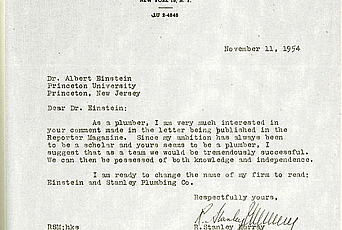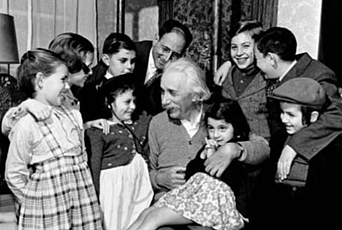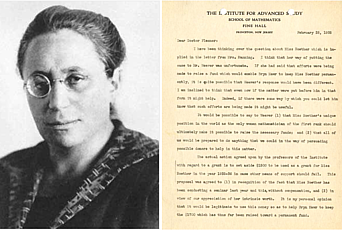A Scholar’s Paradise, in the World
You are entering a carousel. You can skip to the end of the carousel by clicking here.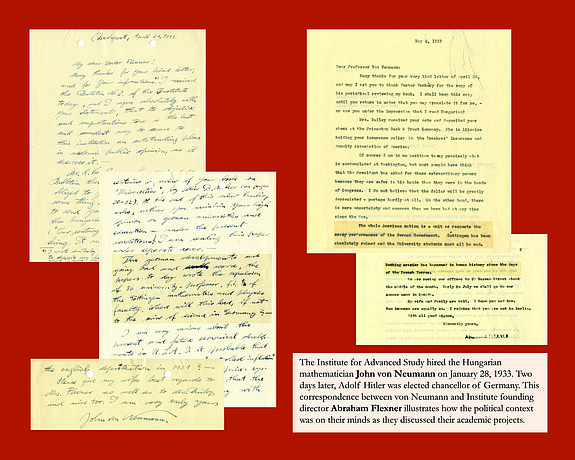

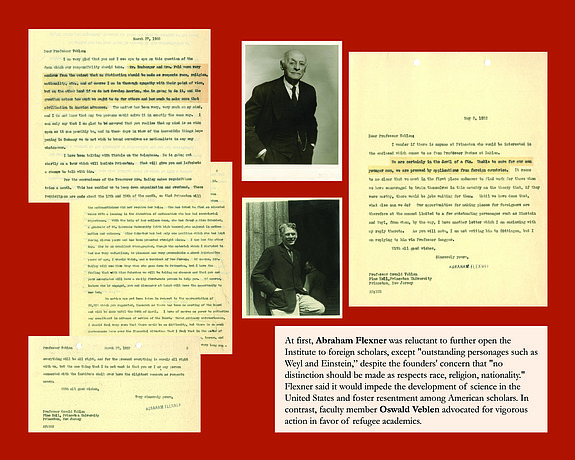

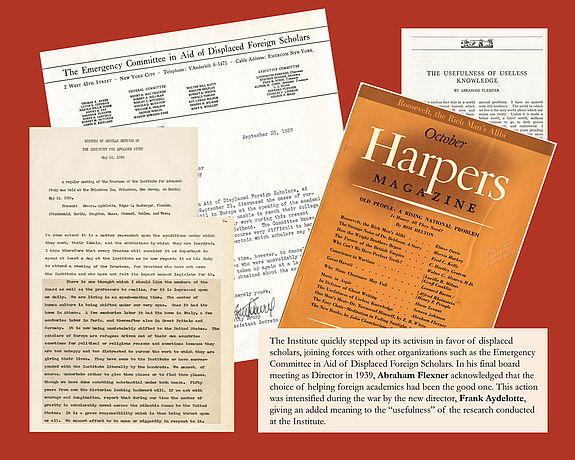

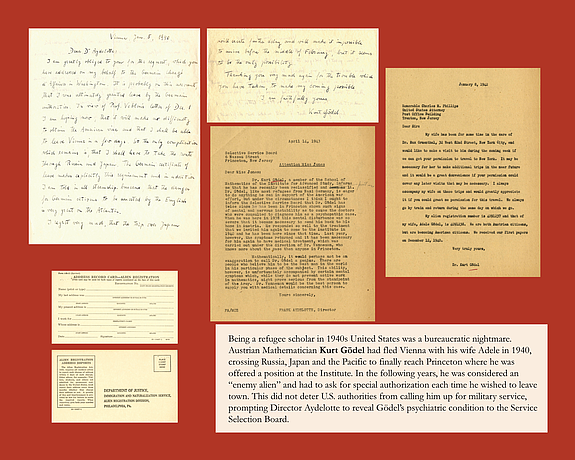
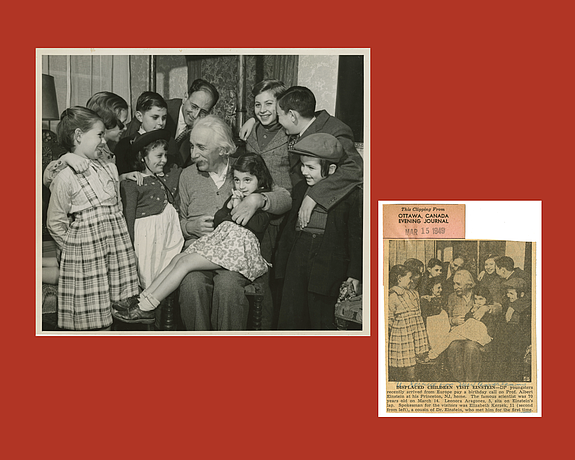
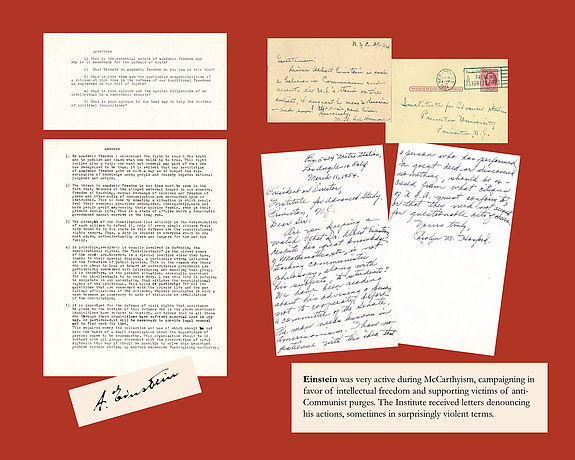
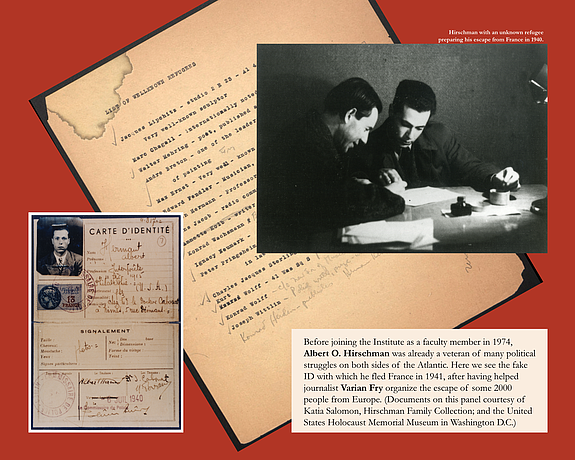

In 1930, the Institute for Advanced Study was created as an academic retreat for the pursuit of daring research, unfettered by material constraints. From the beginning, political turmoil around the world interfered with this dream, and the Institute’s founders and its first faculty were faced with difficult dilemmas. Their decision to take action in solidarity and to defend fundamental freedoms inaugurated a tradition of involvement with international and domestic affairs. Contrary to initial fears, helping and welcoming academics from around the world secured the Institute’s position as a beacon for science and the humanities. It also taught its founders that scholars’ paradises aren’t eternal, but rather come and go with changing political circumstances. This exhibit traces key moments in this history, focusing on questions of displacement and academic freedom in Europe, the United States, and Latin America from the 1930s to the 1970s.
The exhibit is a companion to the Spring 2017 Institute Letter, which features three articles written by the History Working Group: The Institute’s Founding Ethos in Our Precarious Present; Einstein, Plumbers, and McCarthyism; and Emmy Noether’s Paradise.
